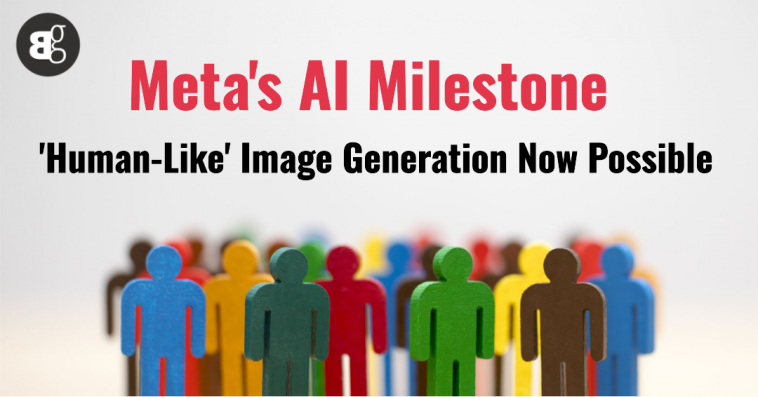On Tuesday, Meta Platforms said that it would provide academics access to parts of a new “human-like” artificial intelligence model that it claims is better than current models at analyzing and finishing incomplete photos.
Instead of focusing exclusively on surrounding pixels like previous generative AI models, the model, called I-JEPA, fills in empty portions of images using background knowledge about the outside environment, the business claimed.
According to Meta, this approach incorporates the reasoning that famous AI researcher Yann LeCun has claimed is more similar to that of humans and aids the technology in avoiding errors common to AI-generated visuals, such as hands with extra digits.
Meta, the company that owns Facebook and Instagram, publishes many open-sourced AI research papers through its internal research lab. CEO Mark Zuckerberg asserts that sharing models developed by Meta’s researchers can help the company by promoting innovation, spotting security issues, and cutting costs.
In April, he said to investors, “For us, it’s a lot better if the industry standardizes on the core tools that we’re using to benefit from the advancements that others make.
The company’s management has disregarded industry warnings about the potential pitfalls of the technology, refusing to sign a declaration last month that compared its dangers to pandemics and armed conflicts. Top executives from OpenAI, DeepMind, Microsoft, and Google supported it.
One of the “godfathers of AI,” Lecun, has denounced “AI doomers” and urged incorporating safety measures into AI systems.
Additionally, Meta is beginning to add generative AI capabilities to its consumer goods, such as Instagram products that can edit user photographs and advertising tools that can generate visual backgrounds based on text input.




